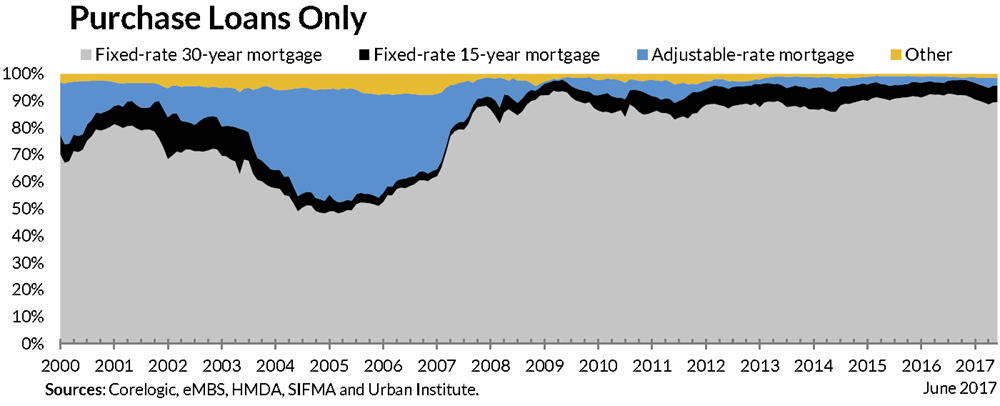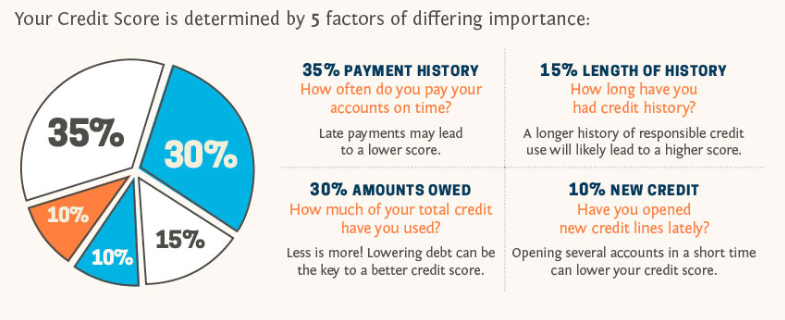Possibilities are, you've seen commercials boasting the benefits of a reverse home loan: "Let your house pay you a regular monthly dream retirement income!" Sounds fantastic, right? These claims make a reverse mortgage noise practically too great to be true for senior property owners. But are they? Let's take a closer look. A reverse home mortgage is a type of loan that uses your home equity to provide the funds for the loan itself.
It's basically a possibility for retirees to use the equity they've developed over several years of paying their mortgage and turn it into a loan for themselves. A reverse mortgage works like a routine mortgage in that you need to use and get approved for it by a lending institution.
However with a reverse home mortgage, you don't make payments on your house's principal like https://telegra.ph/h1-styleclearboth-idcontentsection0unknown-facts-about-what-is-a-hud-statement-with-mortgagesh1-09-24 you would with a routine mortgageyou take payments from the equity you've constructed. You see, the bank is lending you back the cash you have actually already paid on your house but charging you interest at the same time.
Appears easy enough, right? However here comes the cringeworthy truth: If you die before you've offered your home, those you leave behind are stuck with 2 choices. They can either pay off the complete reverse mortgage and all the interest that's stacked up for many years, or surrender your house to the bank.
Like other types of home loans, there are different kinds of reverse mortgages. While they all basically work the very same way, there are three primary ones to understand about: The most common reverse mortgage is the House Equity Conversion Mortgage (HECM). HECMs were developed in 1988 to help older Americans make ends fulfill by allowing them to tap into the equity of their homes without needing to leave.
About What Is Today Interest Rate For Mortgages
Some folks will use it to spend for costs, vacations, home remodellings or perhaps to pay off the remaining quantity on their regular mortgagewhich is nuts! And the repercussions can be huge. HECM loans are kept a tight leash by the Federal Housing Administration (FHA.) They do not want you to default on your mortgage, so because of that, you won't receive a reverse home mortgage if your house is worth more than a certain quantity.1 And if you do certify for an HECM, you'll pay a large mortgage insurance coverage premium that safeguards the loan provider (not you) against any losses - what is the current interest rate for mortgages?.
They're offered up from independently owned or operated business. And since they're not managed or guaranteed by the government, they can draw house owners in with promises of higher loan amountsbut with the catch of much higher interest rates than those federally insured reverse home mortgages. They'll even provide reverse home loans that enable property owners to obtain more of their equity or include houses that exceed the federal optimum quantity.

A single-purpose reverse home mortgage is provided by government companies at the state and regional level, and by not-for-profit groups too. It's a kind of reverse home loan that puts guidelines and restrictions on how you can use the cash from the loan. (So you can't invest it on an expensive vacation!) Typically, single-purpose reverse home loans can just be used to make residential or commercial property tax payments or pay for house repair work.
The thing to keep in mind is that the loan provider has to approve how the cash will be utilized prior to the loan is provided the OK. These loans aren't federally guaranteed either, so lending Visit this website institutions don't need to charge home loan insurance premiums. But because the cash from a single-purpose reverse home mortgage needs to be utilized in a particular way, they're normally much smaller in their quantity than HECM loans or proprietary reverse home mortgages.
Own a paid-off (or at least substantially paid-down) home. Have this home as your primary house. Owe absolutely no federal debts. Have the cash circulation to continue paying property taxes, HOA charges, insurance coverage, maintenance and other home expenses. And it's not just you that has to qualifyyour home also has to meet specific requirements.
The 5-Minute Rule for What Was The Impact Of Subprime Mortgages On The Economy
The HECM program likewise permits reverse home mortgages on condominiums approved by the Department of Real Estate and Urban Development. Prior to you go and sign the papers on a reverse home mortgage, take a look at these 4 major drawbacks: You may be considering getting a reverse mortgage because you feel great loaning against your house.
Let's simplify like this: Envision having $100 in the bank, however when you go to withdraw that $100 in money, the bank just gives you $60and they charge you interest on that $60 from the $40 they keep. If you wouldn't take that "offer" from the bank, why on earth would you wish to do it with your home you've spent years paying a home mortgage on? But that's exactly what a reverse home loan does.
Why? Since there are charges to pay, which leads us to our next point. Reverse home loans are packed with extra costs. And many customers decide to pay these fees with the loan they will getinstead of paying them out of pocket. The important things is, this expenses you more in the long run! Lenders can charge up to 2% of a house's value in an paid up front.
So on a $200,000 home, that's a $1,000 annual cost after you've paid $4,000 upfront naturally!$14 on a reverse home loan are like those for a regular home loan and consist of things like home appraisals, credit checks and processing charges. So prior to you know it, you have actually sucked out thousands from your reverse home loan prior to you even see the first dime! And because a reverse home mortgage is just letting you take advantage of a percentage the value of your house anyhow, what takes place once you reach that limit? The cash stops.
So the quantity of cash you owe goes up every year, every month and every day up until the loan is settled. The marketers promoting reverse home loans like to spin the old line: "You will never ever owe more than your home is worth!" But that's not exactly true because of those high interest rates.
How Many Types Of Mortgages Are There Things To Know Before You Buy
Let's state you live until you're 87. When you die, your estate owes $338,635 on your $200,000 home. So rather of having a paid-for home to pass on to your liked ones after you're gone, they'll be stuck with a $238,635 bill. Possibilities are they'll have to sell the home in order to settle the loan's balance with the bank if they can't pay for to pay it.

If you're investing more than 25% of your income on taxes, danielle milyard HOA charges, and family bills, that suggests you're house bad. Reach out to among our Backed Local Service Providers and they'll help you browse your options. If a reverse mortgage lending institution tells you, "You won't lose your home," they're not being straight with you.
Think about the factors you were considering getting a reverse home loan in the first place: Your budget plan is too tight, you can't manage your day-to-day costs, and you do not have anywhere else to turn for some extra money. Suddenly, you've drawn that last reverse home mortgage payment, and then the next tax expense occurs.